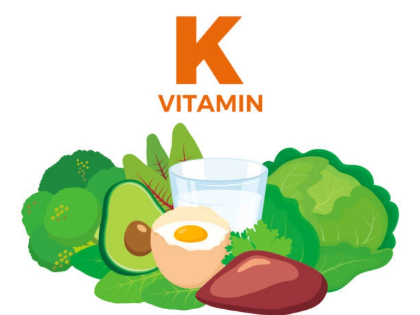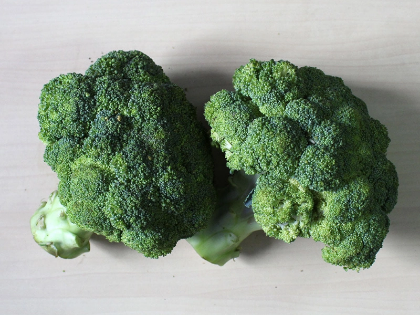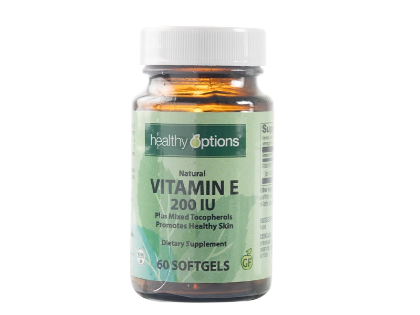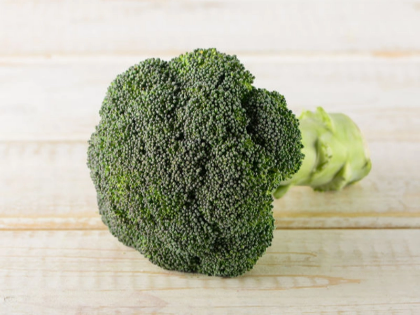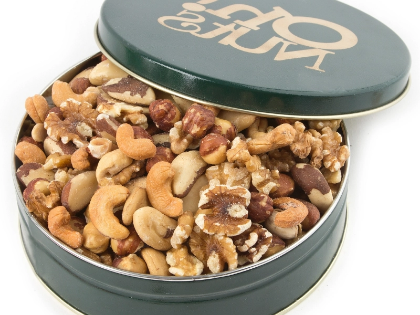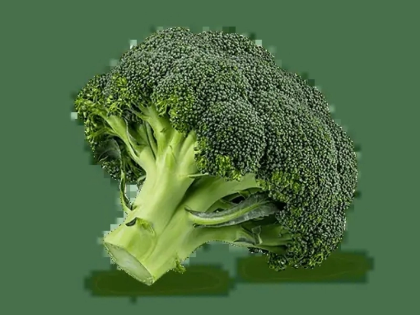How Vitamin K Influences Immune System Function
Although its importance in blood clotting is well-known, vitamin K has effects well beyond this. Recent studies have underlined the important influence of vitamin K on immune system performance and shown how this vital vitamin helps our body to fight diseases and infections. This article investigates the several ways vitamin K supports immune function, its sources, and the consequences of insufficiency, therefore offering a whole picture of the importance of this essential vitamin in preserving our general well-being.
1. Vitamin K: The Foundations
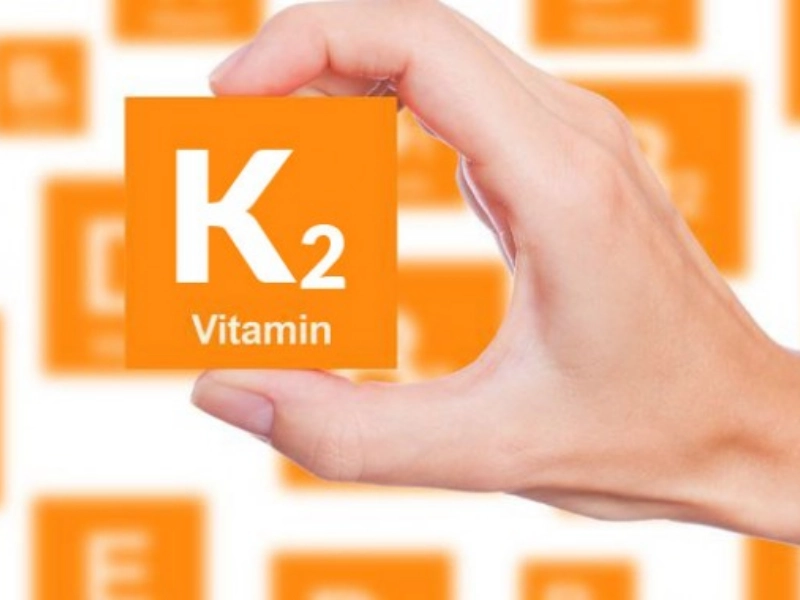
2. Immune cell function and vitamin K
 The way vitamin K functions within immune cells is among the most amazing features of it. Protecting the body against infections depends critically on immune cells like T cells and B cells. Vitamin K regulates these cells, therefore affecting their growth and function.
Research on vitamin K's ability to improve T cell function—which is crucial for adaptive immunity—has found T cells enable the body to identify and recall infections, thus enabling a stronger reaction upon next encounters. Furthermore connected to the generation of cytokines, signalling molecules guiding the immune response, is vitamin K. Vitamin K is essential for preserving an efficient immune defence since it helps immune cells to function as they should.
Moreover, the effect of vitamin K reaches B cells, which generate antibodies. Important line of protection against diseases, antibodies are proteins that identify and neutralise germs. Maintaining the best possible operation of these immune cells depends on enough vitamin K consumption, thereby strengthening the immune system.
The way vitamin K functions within immune cells is among the most amazing features of it. Protecting the body against infections depends critically on immune cells like T cells and B cells. Vitamin K regulates these cells, therefore affecting their growth and function.
Research on vitamin K's ability to improve T cell function—which is crucial for adaptive immunity—has found T cells enable the body to identify and recall infections, thus enabling a stronger reaction upon next encounters. Furthermore connected to the generation of cytokines, signalling molecules guiding the immune response, is vitamin K. Vitamin K is essential for preserving an efficient immune defence since it helps immune cells to function as they should.
Moreover, the effect of vitamin K reaches B cells, which generate antibodies. Important line of protection against diseases, antibodies are proteins that identify and neutralise germs. Maintaining the best possible operation of these immune cells depends on enough vitamin K consumption, thereby strengthening the immune system.
3. The Part Vitamin K Plays in Inflammation
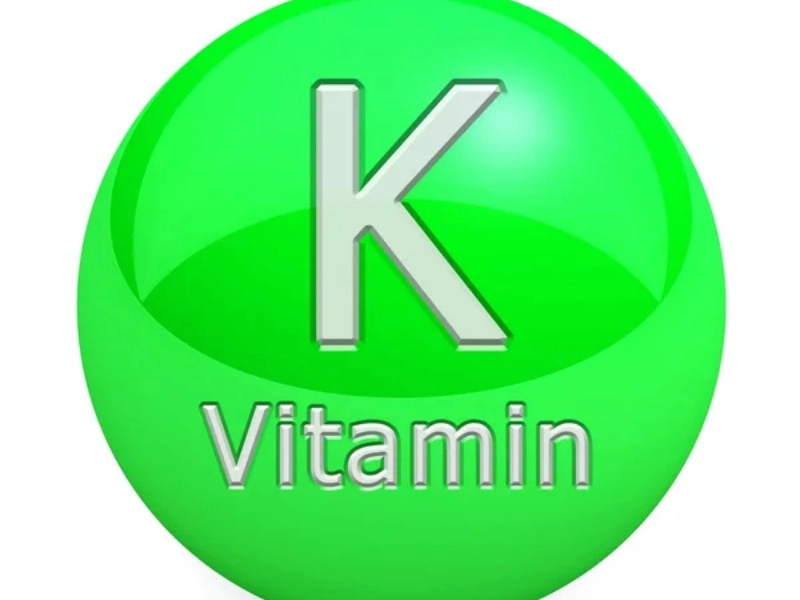 Although the immune system responds naturally to infection or injury by inflammation, persistent inflammation can cause a variety of health problems, including chronic illnesses and autoimmune diseases. An essential component for immune system function, vitamin K has been demonstrated to help control inflammation.
Studies show that vitamin K can assist to control body creation of inflammatory indicators. Studies have indicated, for example, that vitamin K might prevent some inflammatory pathway activation, therefore lowering the risk of chronic inflammation. In disorders like arthritis, where inflammation significantly influences disease development, this regulating action is especially crucial.
Furthermore, the antioxidant qualities of vitamin K assist in fighting oxidative stress, another factor aggravating inflammation. Vitamin K can help the body more successfully control inflammation by lowering oxidative stress. Knowing how vitamin K affects inflammation helps one to better understand its total effect on immune system operation.
Although the immune system responds naturally to infection or injury by inflammation, persistent inflammation can cause a variety of health problems, including chronic illnesses and autoimmune diseases. An essential component for immune system function, vitamin K has been demonstrated to help control inflammation.
Studies show that vitamin K can assist to control body creation of inflammatory indicators. Studies have indicated, for example, that vitamin K might prevent some inflammatory pathway activation, therefore lowering the risk of chronic inflammation. In disorders like arthritis, where inflammation significantly influences disease development, this regulating action is especially crucial.
Furthermore, the antioxidant qualities of vitamin K assist in fighting oxidative stress, another factor aggravating inflammation. Vitamin K can help the body more successfully control inflammation by lowering oxidative stress. Knowing how vitamin K affects inflammation helps one to better understand its total effect on immune system operation.
4. Sites of Vitamin K
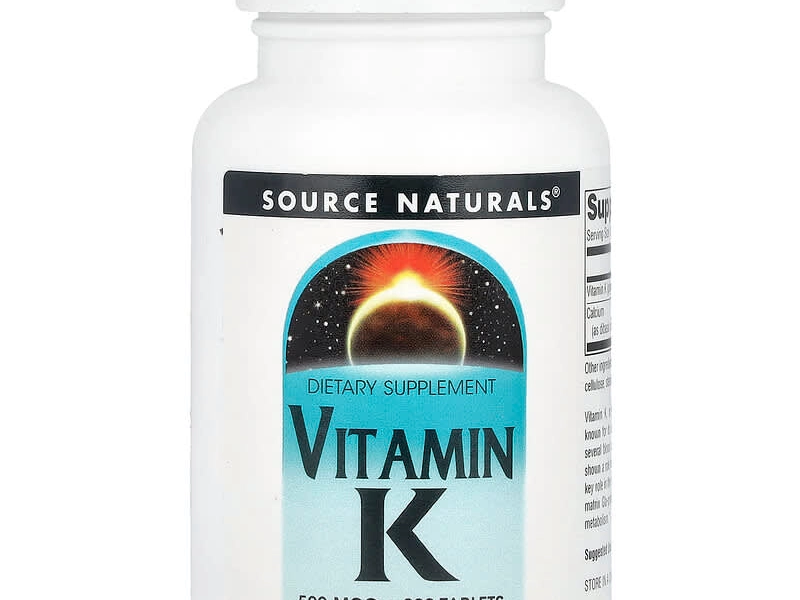 Including enough vitamin K in your diet can help you to maximise its immune-boosting effects. Green leafy vegetables, including kale, spinach, collard greens, and broccoli, contain vitamin K1 mostly. Including these foods in your meals can help you greatly increase your vitamin K intake.
Those looking for vitamin K2 would find great choices in fermented foods such as natto, sauerkraut, and several cheeses. Vitamin K2 is also found in animal sources such as chicken and egg yolks. Including a range of these items and varying your diet will help you to readily satisfy your vitamin K requirements.
One should be aware that cooking techniques can influence the vitamin K concentration. While boiling could cause some loss, steaming or gently cooking veggies might help preserve their nutritious levels. Maintaining a balanced intake of foods high in vitamin K will help you be more immune and generally healthy.
Including enough vitamin K in your diet can help you to maximise its immune-boosting effects. Green leafy vegetables, including kale, spinach, collard greens, and broccoli, contain vitamin K1 mostly. Including these foods in your meals can help you greatly increase your vitamin K intake.
Those looking for vitamin K2 would find great choices in fermented foods such as natto, sauerkraut, and several cheeses. Vitamin K2 is also found in animal sources such as chicken and egg yolks. Including a range of these items and varying your diet will help you to readily satisfy your vitamin K requirements.
One should be aware that cooking techniques can influence the vitamin K concentration. While boiling could cause some loss, steaming or gently cooking veggies might help preserve their nutritious levels. Maintaining a balanced intake of foods high in vitamin K will help you be more immune and generally healthy.
5. Effects of Vitamin K Deficiency
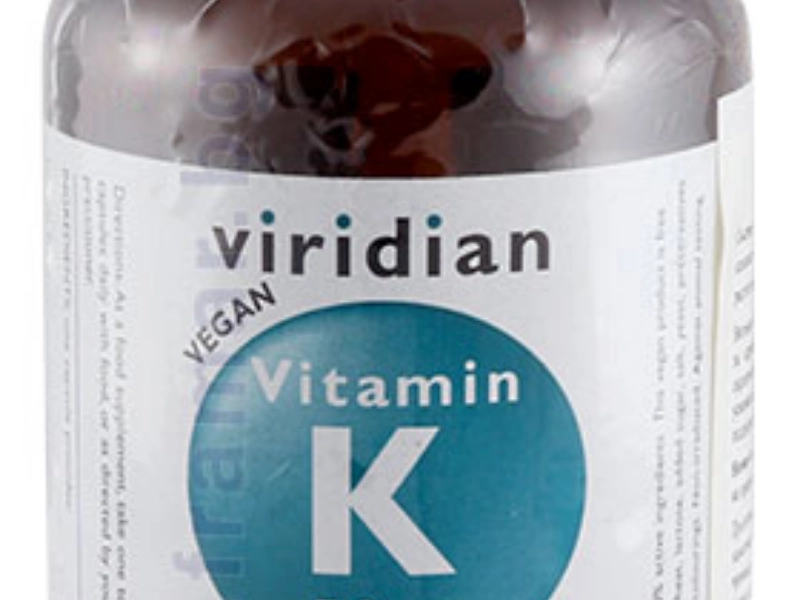 Deficiency of vitamin K can have major effects on immune system operation. Low amounts of vitamin K can affect immune cell growth and activity, therefore compromising immune response. This shortfall might make one more vulnerable to infections and impede the body's capacity for efficient pathogen fight-off.
Moreover, a deficiency of vitamin K might aggravate inflammation since the nutrient is so important in controlling inflammatory reactions. Deficiency-related chronic inflammation can aggravate many different health problems, including chronic inflammatory diseases and autoimmune disorders.
Maintaining immune health depends on an awareness of the indicators of vitamin K insufficiency. Among the symptoms could be weak bone health, too much bleeding, and simple bruising. Those who are more likely to be deficient—that is, those with malabsorption problems or some drugs—should pay particular attention to their vitamin K consumption to guarantee the best immune system performance.
Deficiency of vitamin K can have major effects on immune system operation. Low amounts of vitamin K can affect immune cell growth and activity, therefore compromising immune response. This shortfall might make one more vulnerable to infections and impede the body's capacity for efficient pathogen fight-off.
Moreover, a deficiency of vitamin K might aggravate inflammation since the nutrient is so important in controlling inflammatory reactions. Deficiency-related chronic inflammation can aggravate many different health problems, including chronic inflammatory diseases and autoimmune disorders.
Maintaining immune health depends on an awareness of the indicators of vitamin K insufficiency. Among the symptoms could be weak bone health, too much bleeding, and simple bruising. Those who are more likely to be deficient—that is, those with malabsorption problems or some drugs—should pay particular attention to their vitamin K consumption to guarantee the best immune system performance.
6. Vitamin K Research's Future
 The knowledge of vitamin K's part in immune system function is growing as studies keep under progress. Researchers are looking at the particular processes by which vitamin K modulates immune responses and researching its possible uses in certain medical disorders.
Future research might concentrate on the link between vitamin K and particular diseases, such as infections and autoimmune conditions. Knowing how vitamin K could improve immune system performance might inspire fresh approaches for treating and avoiding various diseases.
Furthermore, public health could be much improved by means of vitamin K supplementation and fortification techniques. Increasing knowledge of the significance of vitamin K for immune system function will help people to give this vital nutrient top priority in their diets.
The knowledge of vitamin K's part in immune system function is growing as studies keep under progress. Researchers are looking at the particular processes by which vitamin K modulates immune responses and researching its possible uses in certain medical disorders.
Future research might concentrate on the link between vitamin K and particular diseases, such as infections and autoimmune conditions. Knowing how vitamin K could improve immune system performance might inspire fresh approaches for treating and avoiding various diseases.
Furthermore, public health could be much improved by means of vitamin K supplementation and fortification techniques. Increasing knowledge of the significance of vitamin K for immune system function will help people to give this vital nutrient top priority in their diets.

